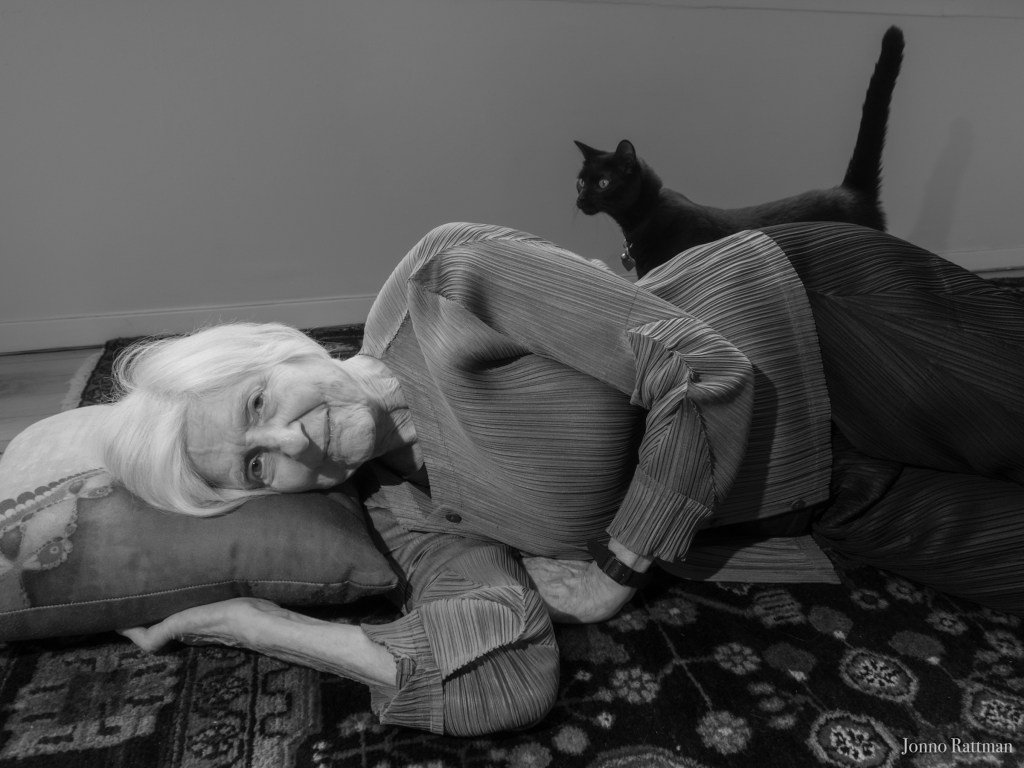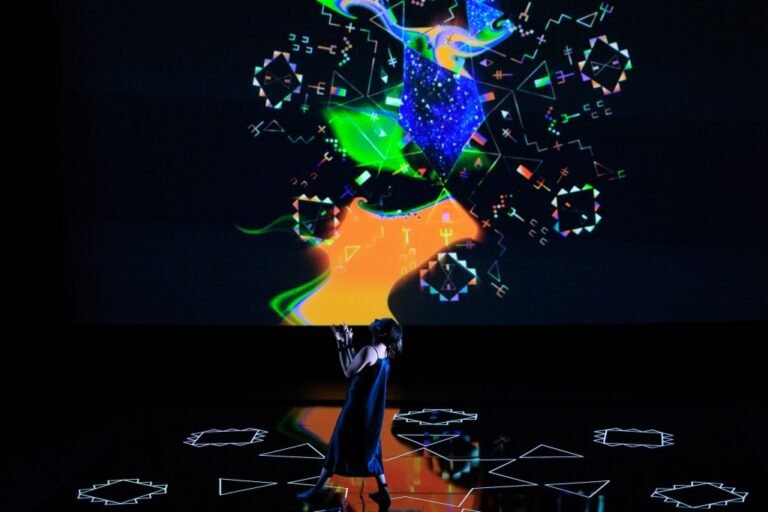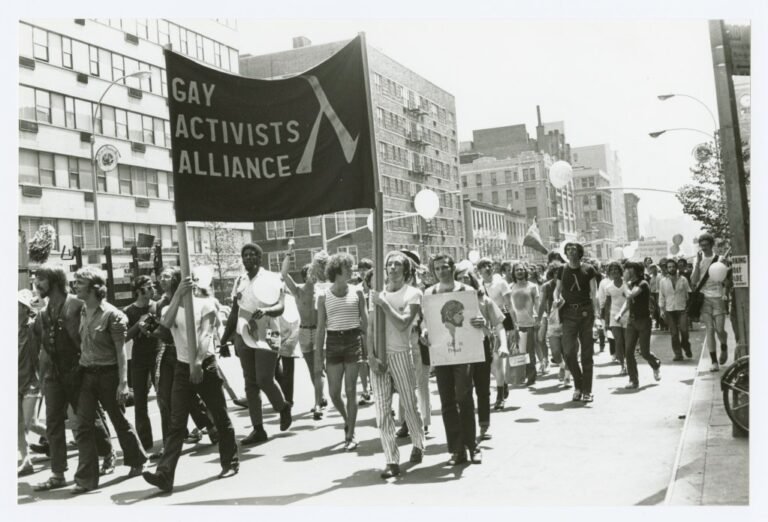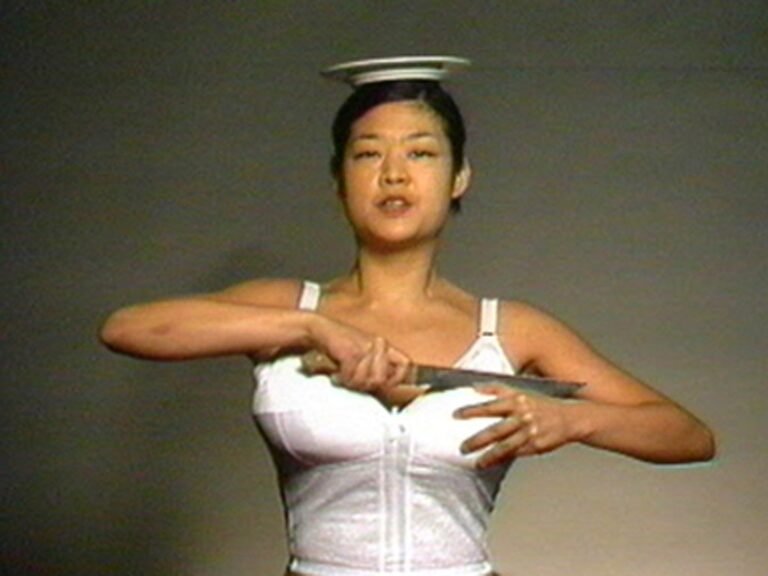

Photographer Rosalind Fox Solomon, who tirelessly trained her lens on the social inequalities, painful struggles, and human resilience to which she bore witness around the world, died early Monday morning, June 30, at the age of 95. The news of her death was announced by Stephen Bulger Gallery, which has exhibited her work since 2007.
Throughout a nearly six-decade practice that began in mid-adulthood and extended until her final years, Fox Solomon used black-and-white photography to center the lived experiences of individuals whose stories were often sidelined or entirely excluded from the mainstream. Her unflinching gaze, which garnered both criticism and praise, confronted some of the most momentous (and often painful) chapters in global human history, including the AIDS epidemic in the United States; late-apartheid South Africa; the Troubles in Belfast; and nuclear destruction in Hiroshima.

Born in 1930 to a secular Jewish family, Fox Solomon grew up in Highland Park, Illinois. After receiving a Bachelor’s degree from Goucher College in Maryland, she married Joel “Jay” Solomon in 1953 and moved to his hometown of Chattanooga, where they raised their two children, Joel and Linda. Upon taking up residence in Tennessee, she developed a keen awareness of the racial discrimination rampant across the Jim Crow-era American South (including in the segregated movie theaters owned by her husband’s family) and balanced her caretaking responsibilities with political volunteering and local activism.
At 38 years old, Fox Solomon began taking photos “by accident” while on a cultural exchange trip to Japan. In the aftermath of the assassinations of Martin Luther King Jr. and Robert F. Kennedy, she turned to the medium as both a means of self-expression and a way to chronicle unjust realities.
“I made these photographs with an interest in portraying both the beauty and sadness that I saw around me,” Fox Solomon said about her early work documenting the South, later compiled in the book Liberty Theater (2018), named after the only Chattanooga cinema open to people of color in the ’60s. “Though many were taken around the mid-20th century, others came later. I am dismayed that in some ways they resonate today.”


Her professional career, however, blossomed after she began studying privately under photographer Lisette Model, who also mentored Diane Arbus and Larry Fink. In 1979, she was awarded a Guggenheim Fellowship that allowed her to photograph subjects in Guatemala, Peru, India, and South Africa, culminating in numerous exhibitions, including a solo show at the Museum of Modern Art in 1986, Rosalind Fox Solomon: Ritual.
One of her most well-known series, Portraits in the Time of AIDS from the 1980s, involved photographing individuals living with HIV/AIDS at the height of the epidemic. When the images were first shown at New York University’s Grey Gallery of Art in 1988, they were seen by some as necessary documents of an urgent reality; however, others criticized them as exploitative at a time when political activist groups like ACT UP were campaigning to challenge fearmongering and shift the perception of the disease.
Later in life, Fox Solomon turned the camera on herself with the roughly chronological series A Woman I Once Knew (2024), which grappled with the experience of aging through mostly nude self-portraits taken from mid-life through her latter decades.

The recipient of numerous accolades, including the 2019 Infinity Award for Lifetime Achievement from the International Center of Photography, Fox Solomon remained an active artist well into her nineties.
One of Fox Solomon’s early collectors and a longtime friend, Richard Grosbard, described her as a “meticulous” photographer and printer with a “fierce eye.”
“She stayed true to black-and-white, even when color [photography] was becoming in vogue. She stuck with her vision,” Grosbard told Hyperallergic.
“She did not think of herself as a photographer; she thought of herself as an artist.”






